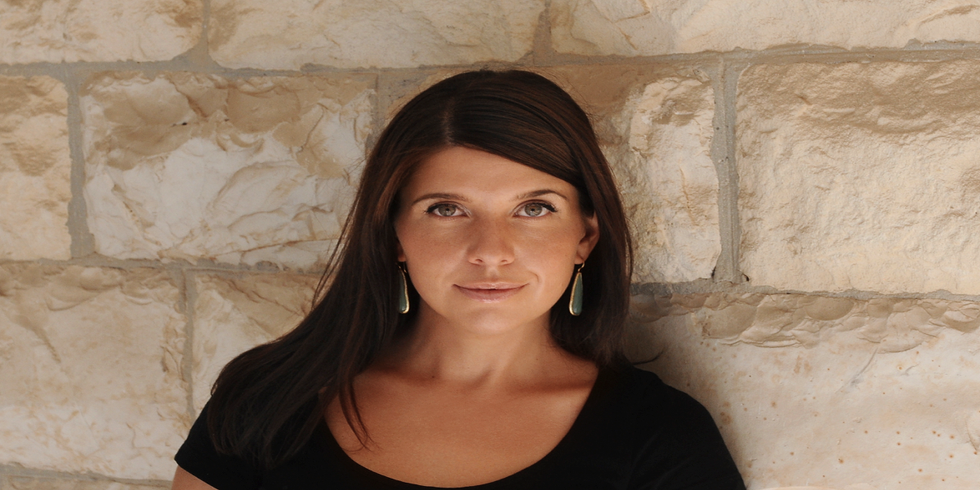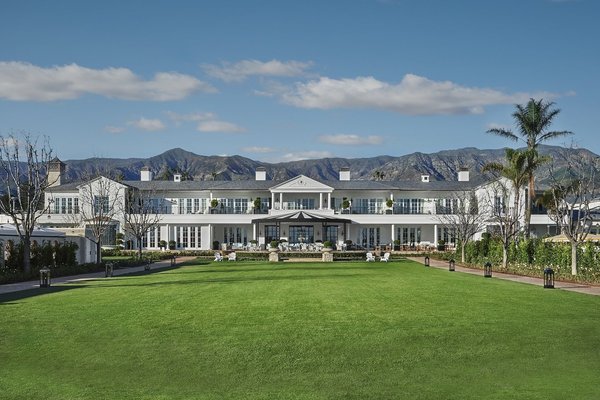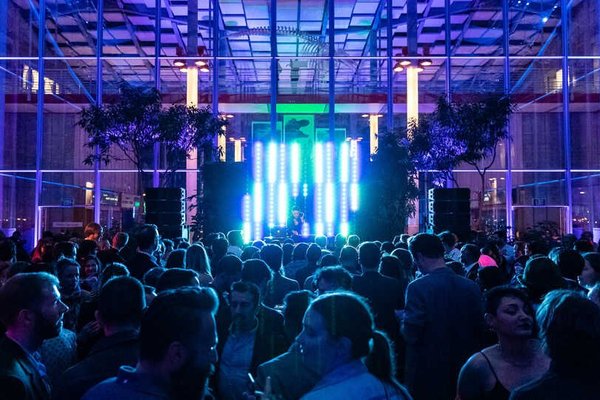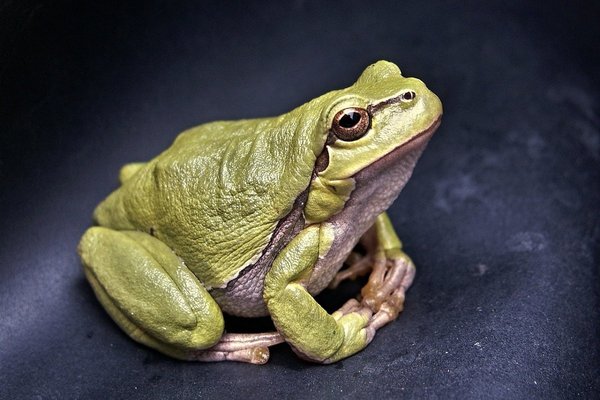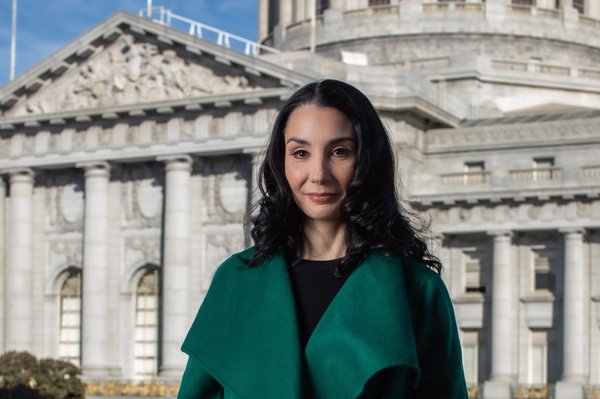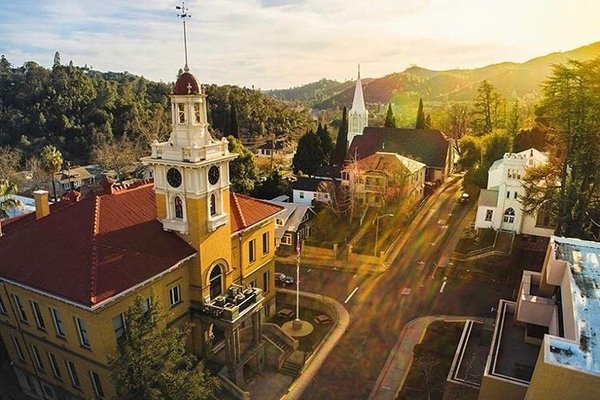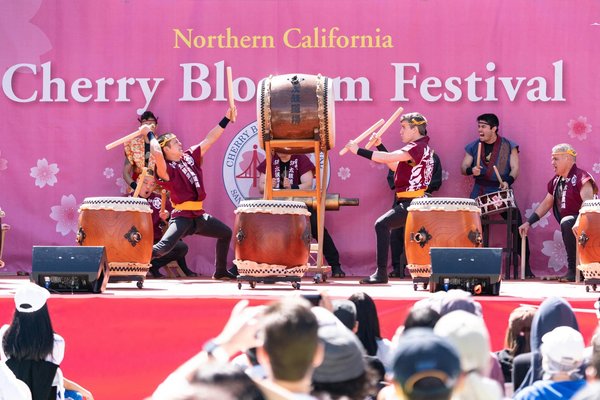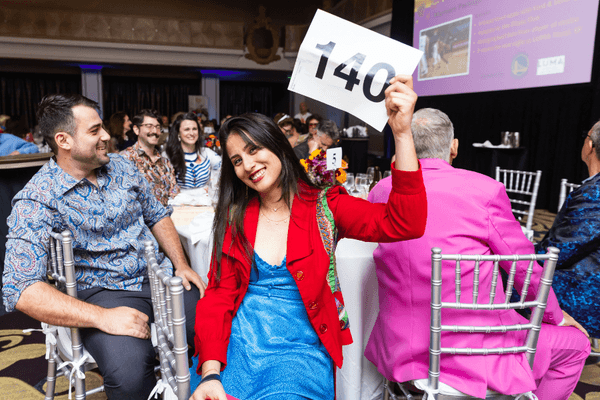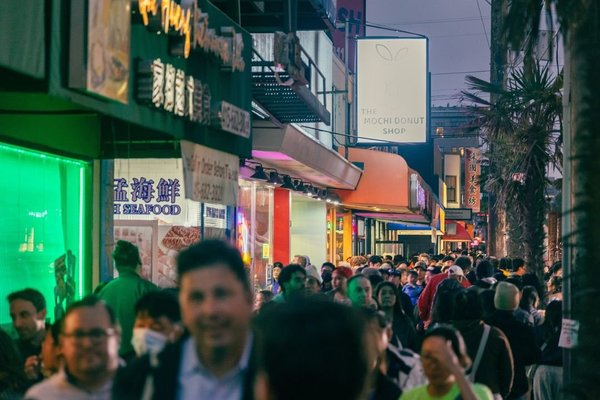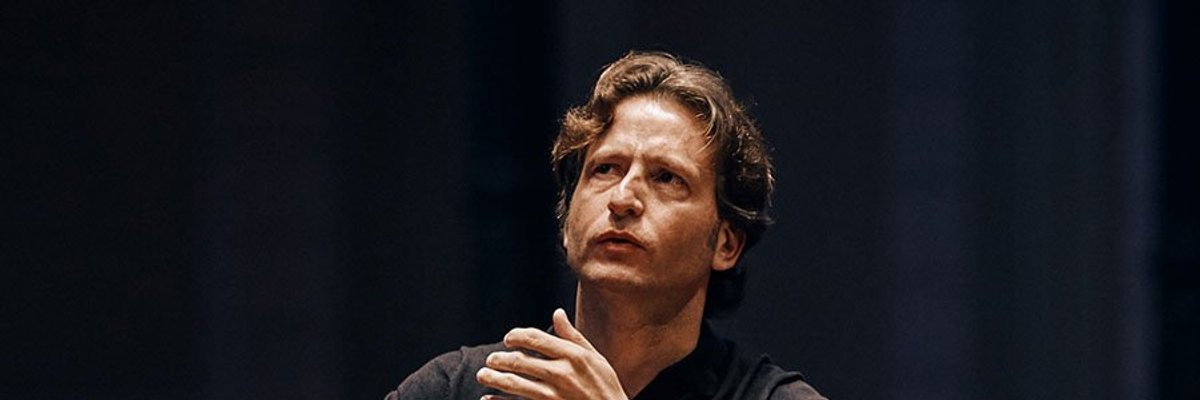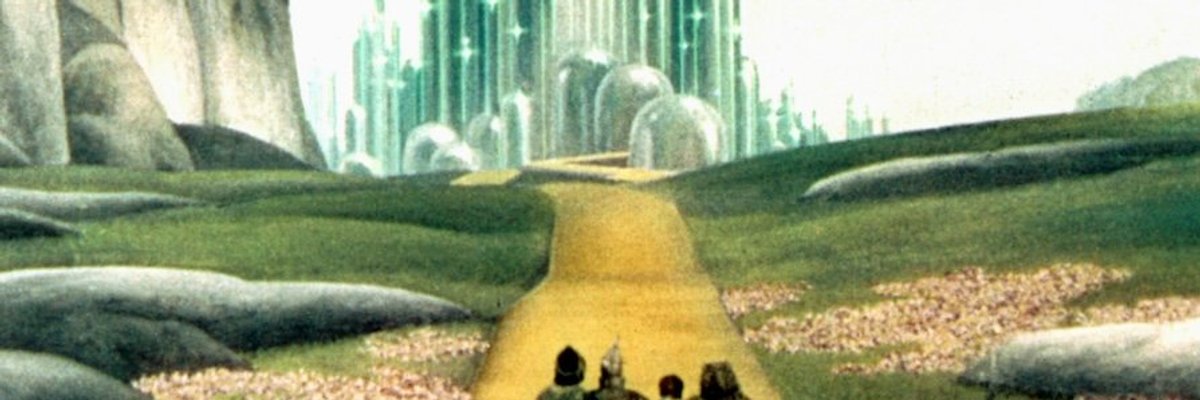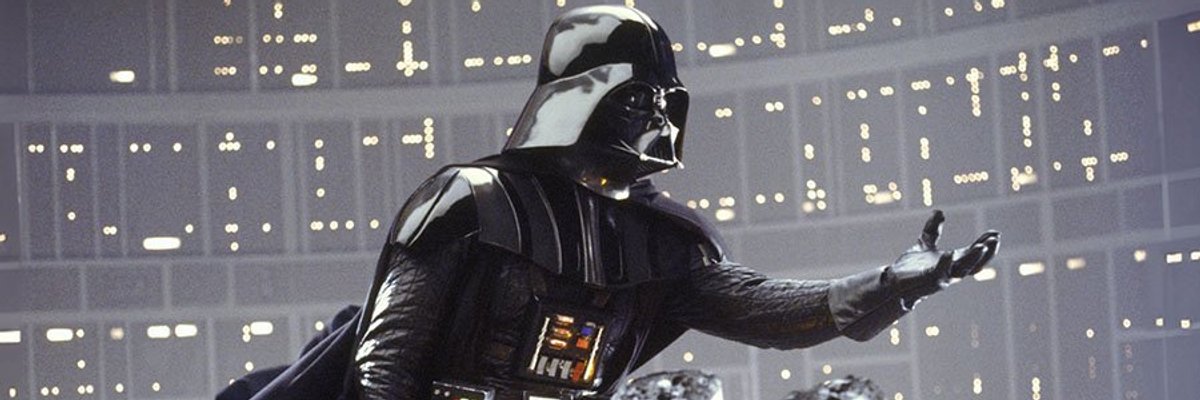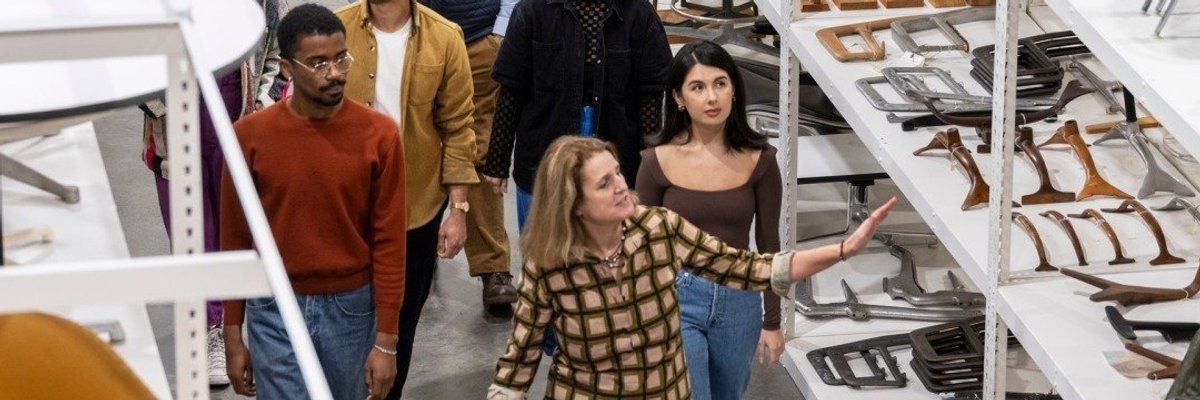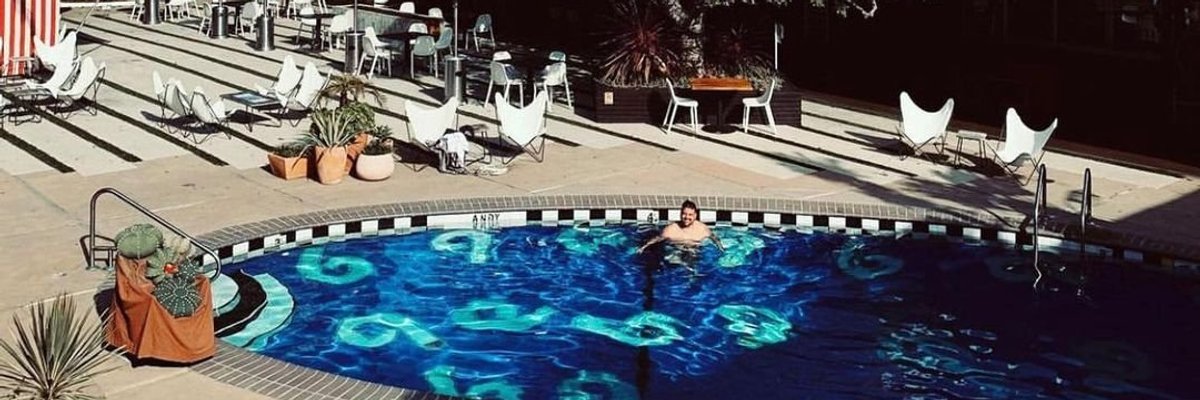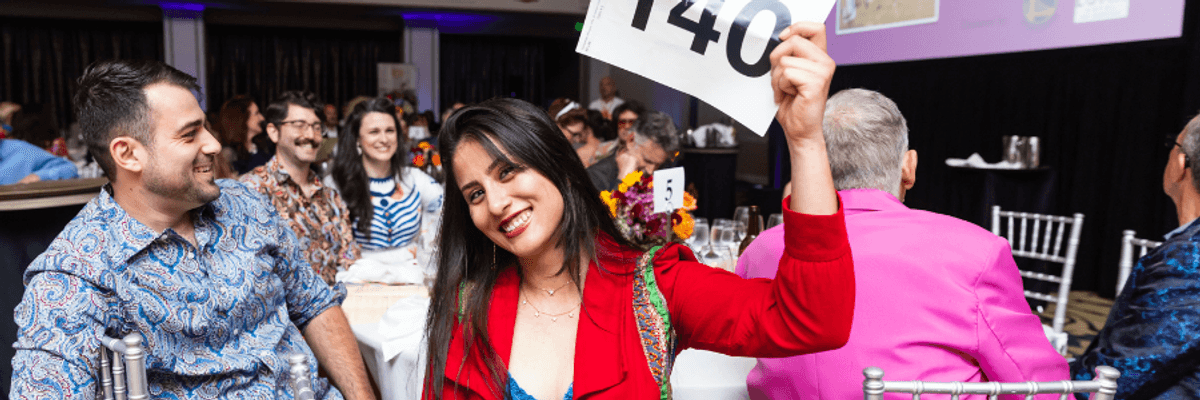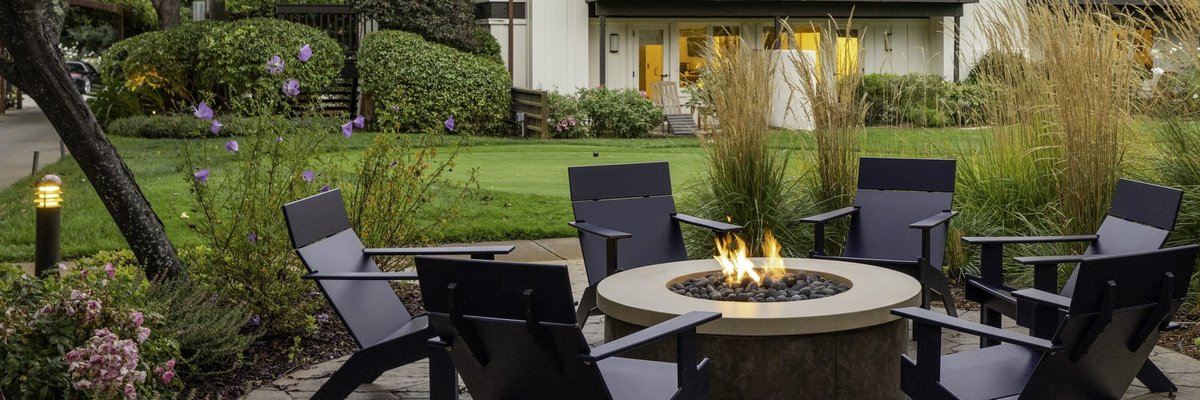In her incredible first book, The UnAmericans (W.W. Norton) out February 3, local author Molly Antopol has established herself as a key player in the Bay Area literary scene, and the whole country has already taken notice. She's a recipient of the National Book Foundation's "5 Under 35" award, and it's no surprise why after reading her debut short story collection about deeply emotional rifts in families and relationships across time and place.
She's adeptly exposed the human condition through richly drawn characters that stay with readers long after they've turned the last page. The collection takes us from the U.S. to Israel to Soviet Russia, tackling such heady topics as religion, the collapse of Communism, and Soviet repression. We sat down with the writer to pick her brain about the book. And then we threw in some fun, irreverent questions. Check her out in person at 5 upcoming Bay Area readings. Details below.
This is quite a remarkable first book. Did you always know you wanted to be a writer?
I don’t remember writing being a conscious decision. I was always a big reader, and kind of a nerdy kid—my mom says on camping trips I’d sit in my tent all day and write myself into whatever book I was reading. I knew, early on, that writing would be central to my life, but I didn’t see it as something I could actually do as a career—growing up, I didn’t know any writers and it felt to me like a pie-in-the-sky profession. I figured I’d sneak in time to write when I wasn’t working; when I was a kid I wanted to be a zoologist or a marine biologist—even now, as an adult, I’m happiest when I’m outside, on some kind of adventure.
Tell us how you took The UnAmericans from book concept to published collection of short stories?
The book took me 10 years to write. For many of those years, I basically wrote into a vacuum. I didn’t send my stories out and tried not to think about how the collection would come together as a whole—I just focused on trying to make each story work the way I hoped it would. It was really important for me to keep my blinders on the whole time. Because I did an M.F.A. and then a Stegner Fellowship, I was around a lot of young writers publishing books. For some reason, the excitement of seeing close friends publish never pushed me to write faster—instead, it just made me want to tune out any writing business-related noise so I could focus entirely on the book I wanted to write, regardless of whether or not anyone would ultimately be interested in publishing it.
This collection seems to come from a place of tremendous life experience. At such a young age, how were you able to craft stories that are so sophisticated in the level of detail of time, place, and people?
Grace Paley has this quote I’ve always loved, not to write what you know, but to write what you don’t know about what you know. I’ve always seen writing as a form of method acting—for the eight or twelve or fifteen months that I’m working on a story, I’m constantly thinking about how my narrator would react to whatever tangled social or familial situation I’m in, and it’s the moment I begin to see the world through their eyes that I know my story’s headed in an interesting direction.
I read a lot of nonfiction, and I love the feeling of trying to explore what it might have been like to live in another place or during a different time, or even to live here in the present day, but as a man, or a person much older than I am. And the theme I found myself circling back to, again and again, was the complicated—and sometimes devastating—impact one person’s quest to improve the world can have on the people closest to them.
Have you spent an extensive amount of time abroad? Is it your own worldly experience that has flavored these stories?
I do spent a lot of time abroad—though many of the earliest stories I wrote in the book weren’t inspired by travel but by my family history, notably their involvement in the Communist Party. I come from a big family of storytellers, and I grew up surrounded by tales of surveillance, tapped lines and dinnertime visits from the FBI. Those things—combined with my very nerdy love of research—informed my McCarthy-era stories. In terms of the Israel stories, I’ve spent my adult life going back and forth between Israel and the U.S.
Eastern Europe is a part of the world that’s always fascinated me. My family’s originally from there, and though they love to tell stories, the one place I never heard about was Antopol, the Belarusian village where my relatives came from, which was virtually destroyed during World War II. A little more than a decade ago, I was living in Israel and wound up at a holiday party in Haifa, where I met an elderly woman from Antopol. It was one of the most extraordinary moments of my life. She led me to an oral history book about the village, written in Hebrew, Yiddish and English, which her son had put together. The moment I finished reading it (I remember just where I was, at the kitchen table in my apartment in Tel Aviv), I began writing The UnAmericans.
You accomplish such complete, enduring tales in each of your stories. What are the restraints and freedoms of writing short stories versus a novel?
Some might say a story can have a more fully developed narrative arc than a poem—but what about Philip Levine, whose poems are so character- and narrative-based? Others might say that while short stories can be novelistic in scope, their brevity demands that every word count—but what about poetically compressed novelists like Christine Schutt and Carole Maso? And then there are longer stories that I admire in part because of the way the writers work with slower, more idle moments—I love some of Alice Munro and Edward P. Jones’ longest stories the most because they can feel so real and lived-in; the unhurried pacing of the stories make the endings even more shocking and resonant for me.
What do you tell your students about getting published?
I tell them not to worry about it just yet—that there’s no rush to get published, that they should spend years reading and writing and messing up, until they feel truly great about the work they’re putting out. When I was first writing stories, an older writer gave me a piece of advice that’s resonated over the years: you only get one chance to have a first book, so make sure you stand behind every one of your sentences.
You’re at work on a novel now. Can you give us a little teaser?
It’s called The After Party. It’s set in Israel, Eastern Europe, and New York. But I’m superstitious about discussing a book-in-progress—I shouldn’t say anything else!
Rapid Fire Q&A
Favorite Bay Area bookstore? Green Apple
Favorite place to read? Fort Funston, with my dog.
Fiction or nonfiction? A healthy balance of both, with poetry in the mix as well.
Literary icons? Grace Paley, James Baldwin, Sergei Dovlatov, Deborah Eisenberg, Edith Pearlman, Leonard Michaels, Paula Fox, Andre Dubus, Edward P. Jones.
Book you’ve reread the most?Harriet the Spy. I must have read that book thirty times as a kid.
7:30 p.m., Wed. 2/5 at Booksmith; 7 p.m., Sat. 3/8 at Cantina SF; 7 p.m., Thurs. 3/13 at SF Jewish Community Library; 7 p.m., Tues. 4/1 at Glass Door Gallery; 6:30 p.m., Wed. 4/23 at Stanford University. // mollyantopol.com



